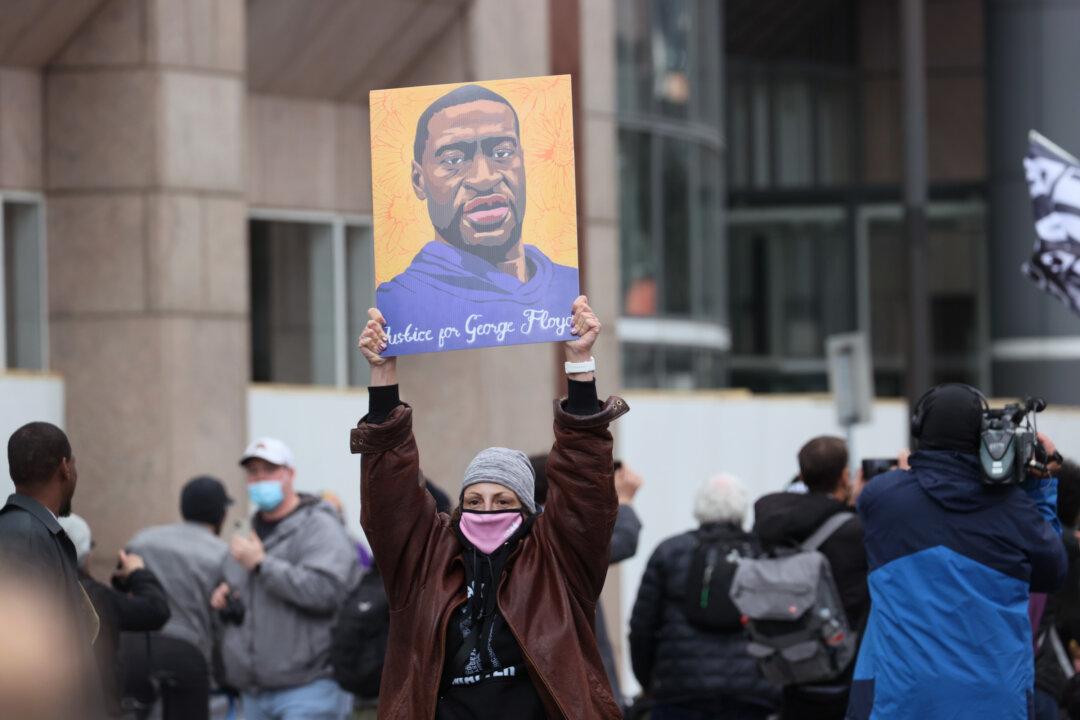Senior Department of Justice (DOJ) officials repeatedly declined Wednesday to provide details on why the government launched a “Patterns and Practices” civil investigation of the Minneapolis Policy Department (MPD).
Attorney-General Merrick Garland announced the investigation earlier in the day, and reporters were later given a background briefing on condition the names of the participating officials would not be published.





